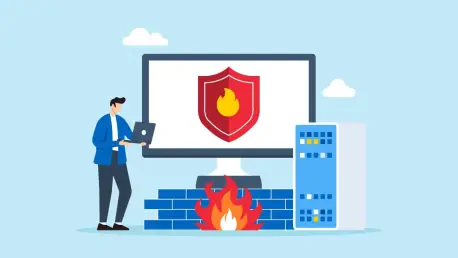
The enigma surrounding the identity of "Stern," the alleged ringleader behind the Trickbot ransomware group, has put global cybersecurity on high alert. This group, comprising roughly 100 cybercriminals, has orchestrated systemic cyberattacks on critical sectors, including businesses, educational

Cato Networks has unveiled Cato Autonomous Policies, an AI-driven feature integrated into its SASE Cloud Platform, concentrating initially on Firewall-as-a-Service (FWaaS). This development aims to revolutionize the management of security, access, and networking policies by leveraging artificial

In a world where technology is advancing rapidly, cybersecurity breaches have become a formidable concern for governments, organizations, and common people alike. The evolving cyber threat landscape is constantly unveiling new vulnerabilities, making it a hotbed for cybercriminals. This roundup

As cyber threats become more sophisticated, securing enterprise networks is crucial for organizations to protect their digital assets and identities. Active Directory (AD), serving as the backbone for many network environments, often finds itself at the receiving end of cyberattacks. Unauthorized

In today’s digital landscape, cyber threats have become more sophisticated, pushing organizations to rethink their cybersecurity strategies. As data breaches and ransomware attacks continue to dominate headlines, Zero Trust architecture emerges as a promising solution to these challenges. This

In the rapidly evolving landscape of cybersecurity, Matilda Bailey stands as a beacon of knowledge, specializing in cutting-edge networking technologies and next-gen solutions. Her insights today promise to shed light on the perilous world of zero-day vulnerabilities and the notorious hacking